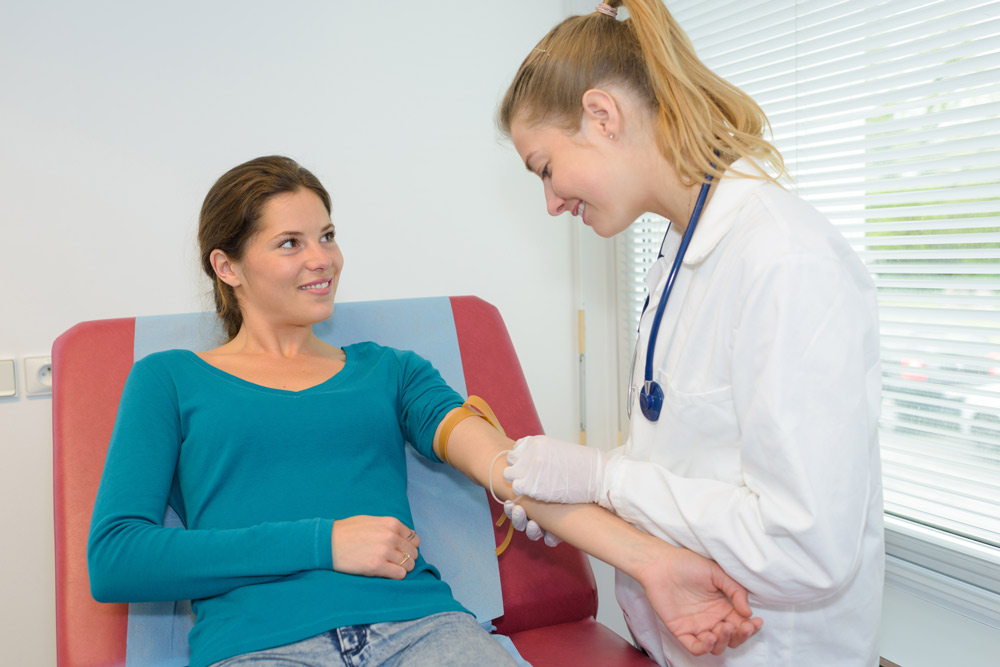Title: National Exam for Phlebotomy: Everything You Need to Know
Introduction:
If you’re interested in pursuing a career in phlebotomy, you may be required to pass a national exam to become certified. The national exam for phlebotomy is a standardized test that evaluates your knowledge and skills in drawing blood, handling specimens, and maintaining patient safety. In this comprehensive guide, we will explore everything you need to know about the national exam for phlebotomy, including its benefits, preparation tips, and what to expect on test day.
What is the National Exam for Phlebotomy?
The national exam for phlebotomy is designed to assess your proficiency in various aspects of phlebotomy practice, including venipuncture techniques, patient interaction, specimen collection, and infection control. The exam is typically administered by national certifying agencies, such as the National Healthcareer Association (NHA) or the American Society for Clinical Pathology (ASCP). Passing the national exam is a crucial step towards obtaining certification as a phlebotomist, which can enhance your job prospects and earning potential in the healthcare industry.
Benefits of Passing the National Exam for Phlebotomy:
- Becoming certified as a phlebotomist demonstrates your commitment to excellence and professionalism in the field.
– Certification can increase your chances of landing a job in a competitive job market.
– Certified phlebotomists typically earn higher salaries than non-certified professionals.
– Certification may open up opportunities for career advancement and specialization in areas such as pediatric phlebotomy or IV therapy.
How to Prepare for the National Exam:
Preparing for the national exam for phlebotomy requires a combination of study, practice, and confidence-building techniques. Here are some practical tips to help you prepare effectively:
1. Enroll in a Phlebotomy Training Program: Consider enrolling in a phlebotomy training program that covers the key topics tested on the national exam, such as anatomy and physiology, venipuncture procedures, and medical terminology.
2. Review Study Materials: Utilize study guides, textbooks, practice exams, and online resources to reinforce your understanding of phlebotomy concepts and procedures.
3. Practice Venipuncture Techniques: Practice your venipuncture skills on training arms, classmates, or family members to build confidence and proficiency in blood drawing.
4. Take Practice Exams: Familiarize yourself with the format and content of the national exam by taking practice exams and timed quizzes to assess your knowledge and identify areas for improvement.
5. Stay Calm and Focused: Manage test anxiety by practicing relaxation techniques, getting adequate rest, and maintaining a positive mindset before the exam day.
What to Expect on Test Day:
On the day of the national exam for phlebotomy, you can expect to encounter a series of multiple-choice questions that test your knowledge of phlebotomy theory, safety practices, and ethical considerations. The exam may also include practical skills assessments, such as labeling specimens, identifying blood collection tubes, and prioritizing patient care scenarios. Be sure to arrive early, bring valid identification, and follow all exam instructions provided by the testing center.
Conclusion:
Passing the national exam for phlebotomy is a significant achievement that can propel your career in healthcare to new heights. By adequately preparing for the exam, staying focused, and showcasing your skills on test day, you can demonstrate your competence as a phlebotomist and enhance your professional credibility. Remember to leverage study materials, practice exams, and support from mentors to maximize your chances of success. Good luck on your journey to becoming a certified phlebotomist!
By following these tips and strategies, you can approach the national exam for phlebotomy with confidence and increase your chances of success. Best of luck on your journey to becoming a certified phlebotomist!
